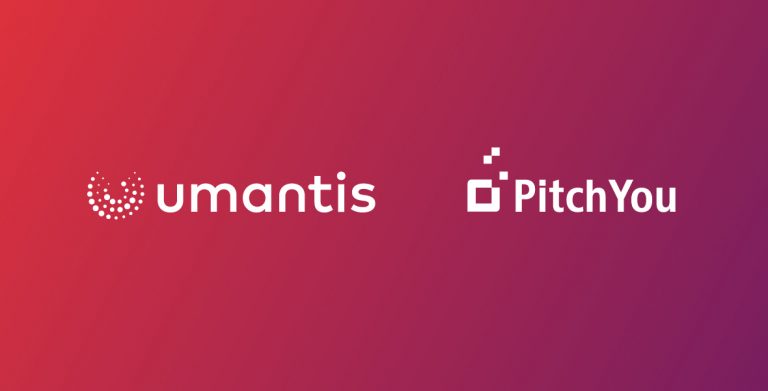Successful communication at eye level is the key to successful cooperation in professional life. Because it is not possible to talk about everything between the door and the hinge, the appraisal interview is a very important management tool. Find out here what different types of appraisal interviews there are and how managers and HR managers can use them sensibly.
Annual appraisal interviews are now firmly anchored in successful companies. They focus on the agreed goals, the assessment of employees' performance and their further professional development. When it comes to personnel management, we differentiate between two types of appraisal interviews: event-related and institutionalized interviews.
Event-related appraisal interviews
Both employees and supervisors can convene an event-related appraisal interview. As the name suggests, this refers to a current event such as:
- Changes in the basis of work
- Conflicts between employees
- Accidents
- Good or poor performance of the employee
- Long-term absence and inability to work
Institutionalized appraisal interviews
Institutionalized appraisal interviews take place on a regular basis. As a rule, it is a matter of looking at a past period of time (e.g. half a year, a financial year or the probationary period). Since they usually take place on the basis of a company regulation, it is advisable to use a uniform guideline. The content of these regular appraisal interviews includes:
- Personnel development measures
- Career Opportunities and Planning
- Assessment
- Feedback
- Taking up ideas and criticism
Appraisal interview during the probationary period
The probationary interview plays a special role for your employees. After all, it is about the continuation of the cooperation. In the appraisal interview at the end of the probationary period, it is discussed whether the employment relationship has been satisfactory for both parties up to that point. It is very important to note that the probationary review should not be the first opportunity for feedback between employees and managers. Especially at the beginning of an employment relationship, continuous, open and occasion-related feedback is worth its weight in gold.
Typical questions for the probationary interview
The interview at the end of the probationary period varies greatly depending on the company. Some questions may include:
- Have you settled in well?
- How did you feel about onboarding? Is there anything to improve?
- How do you feel about working together in your team / department / company? Are there any significant difficulties?
- Do you feel comfortable in the company? What supports this?
- Does the work and the company correspond to the ideas you had at the beginning? Where are there deviations?
- Do your tasks and competencies match the job description? Do you feel under- or overwhelmed?
- Do you want to continue the employment relationship? If so, what opportunities do you see for further development within the company?
Employee appraisal at the end of the year
The interview does not necessarily have to take place at the end of the year. Often, employee appraisals are linked to a financial year or they always take place after 3 months. They can be divided into three types of conversation according to the objective and the underlying conversation prompts:
- Target agreement meeting
- Appraisal interview
- Funding Discussion
The boundaries between the different types of conversations are fluid. For this reason, the annual appraisal interview often combines various occasions for discussion. It is advantageous if all three types of conversations are anchored in the company as independent management tools. The more frequent exchange improves the relationship of trust and has a positive effect on the working atmosphere.
The Target Agreement Meeting
The target agreement meeting is based on the "Management by Objectives" (MbO) approach. Leadership is based on binding objectives. Managers and employees agree on different types of goals in dialogue. This includes goals of the individual employee as well as goals at team, divisional and company level. The purpose of the target agreement meeting is to:
- to delegate responsibility,
- to make use of the creative leeway and
- achievement.
As a rule, the first step is for the supervisor and the employee to discuss the achievement of the goals of the previous period and the causes of deviations. In view of the upcoming period, in the second step, they agree on professional work goals and personal development goals based on the overarching company and departmental goals. The outcome of the conversation is documented and signed by both parties. The employee receives a copy, and another copy goes to the HR department if the development needs are identified.
The appraisal interview
The appraisal interview is traditionally held once a year. In many companies, it serves as the basis for salary negotiations. The conversation begins with a review of the previous period and turns to the future towards the end. Employees need to be able to understand why the manager evaluates certain performance and behaviors as a strength or weakness. This is the only way to increase performance.
The appraisal interview places high demands on the participants: different points of view collide and the participants must be prepared to correct their assessment. Only if this willingness is present will cooperation benefit.
In terms of content, the appraisal interview has a lot in common with the feedback interview. In both cases, it's about recognizing good performance and improving poor performance. An important difference between the two interviews lies in the broader meaning of the appraisal interview. While the feedback interview is a snapshot, the appraisal interview has far-reaching consequences:
- The result of the interview is recorded in the personnel file,
- it is used in many companies for further decisions such as transfers, promotions and salary increases, and
- it shapes the supervisor's view of the employee.
The Funding Talk
The sponsorship interview is a central instrument of employee development. Above all, it is conducted with employees who have the potential for further professional careers. In many companies and in the public sector, the funding interview is therefore also referred to as an employee development interview or development interview.
As part of the sponsorship interview, employees have the opportunity to express their personal wishes and ideas regarding their professional development. For their part, the manager provides information about development opportunities in the company. Regular support meetings serve to optimally develop the potential of employees in the company.

Juliane Bürkle
With us and our talent management solution, you can provide the people in your organization with the framework and freedom they need to boldly move forward and bring new ideas to the table. And thus lead your company successfully into the future.




